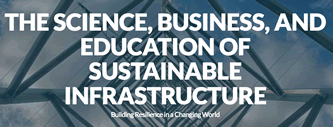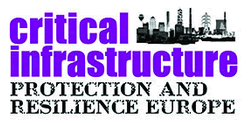Now in its 25th year, the International Symposium on Sustainable Systems and Technology (ISSST) is one of the longest-running research conferences related to sustainability and the intersection of technology, policy, and behavior. The conference brings together a vibrant community of engineers, scientists, professionals, and educators, sharing cutting-edge research and forming interdisciplinary teams for future collaboration.
Themes
- Resilient infrastructure systems
- Advances in circular economy
- Life cycle assessment of emerging technologies




